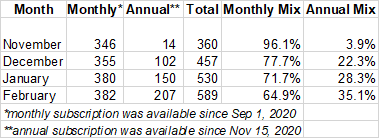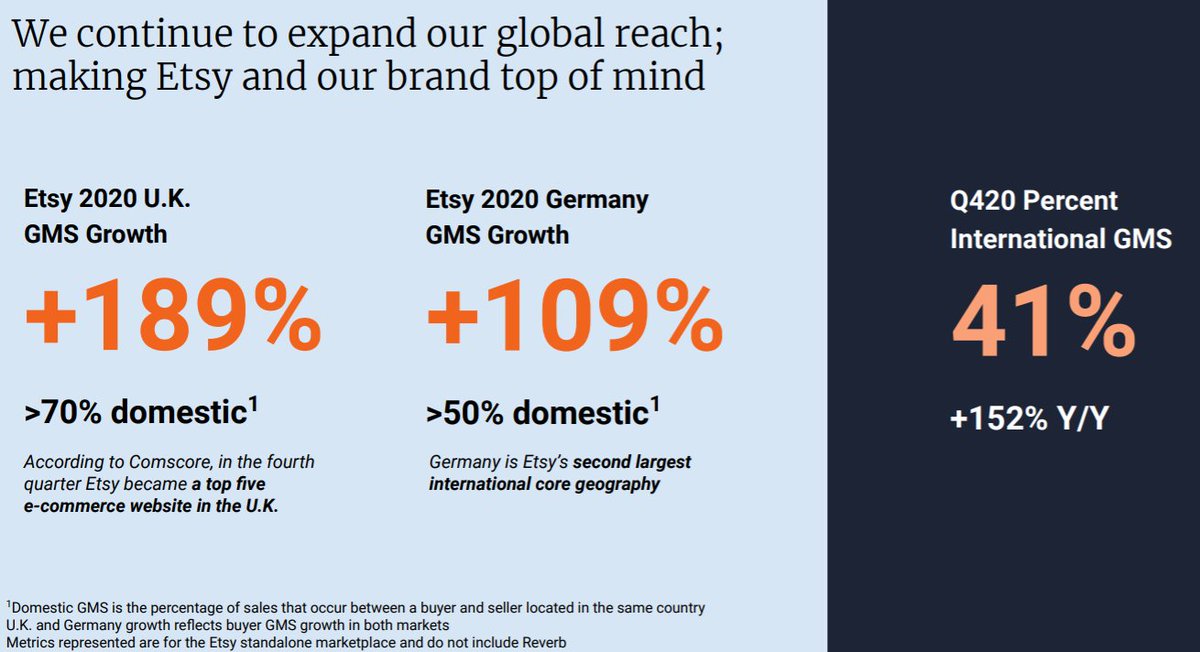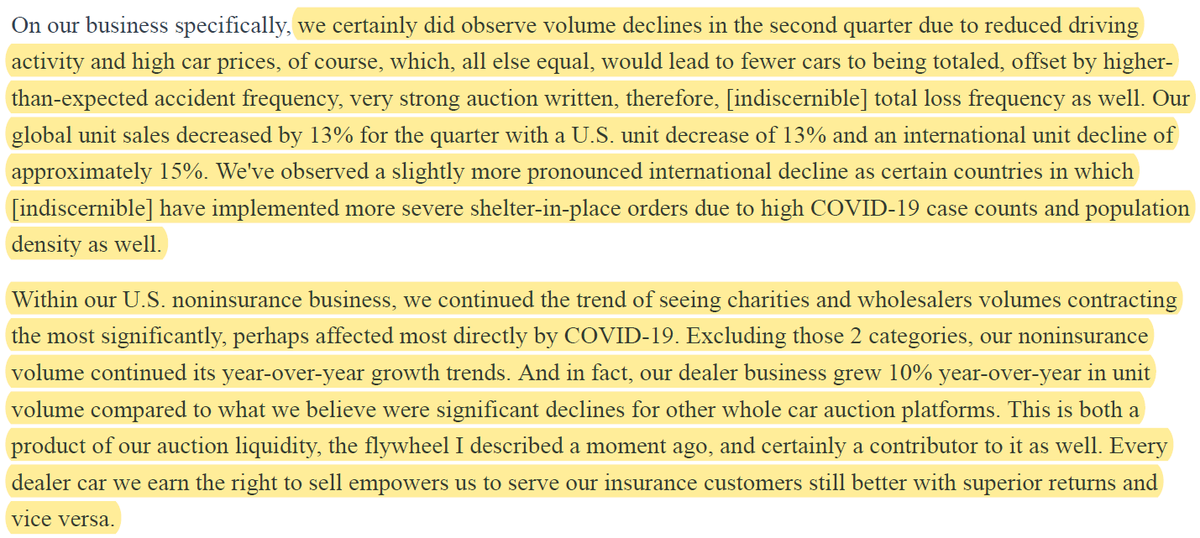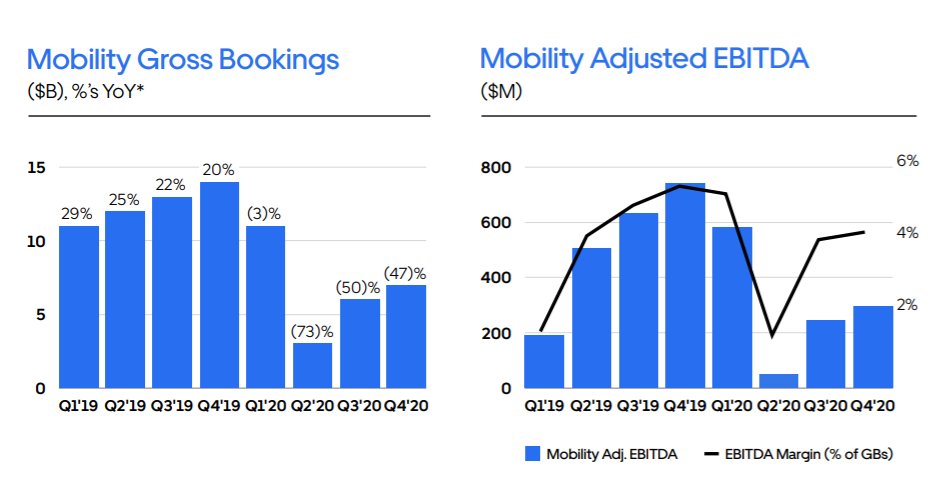
1/7 Thread: The ruse of a bull market
One of the challenges I feel is to figure out what I believe on investing in my veins i.e. to what extent my portfolio is basically just the product of what has worked in the last few years vs what my investing philosophy truly is.
One of the challenges I feel is to figure out what I believe on investing in my veins i.e. to what extent my portfolio is basically just the product of what has worked in the last few years vs what my investing philosophy truly is.
2/7 Once you read a few investing books and/or work in the investment management industry, you have a decent idea what people want to hear.
Yes, the Overton window can evolve in terms of what is acceptable or what people want to hear, but we rarely push the window.
Yes, the Overton window can evolve in terms of what is acceptable or what people want to hear, but we rarely push the window.
3/7 I suspect most young investors, including me (in early 30s), who basically never experienced any sustained recession cultivate an investing philosophy that is derived from mimetic desire and involves a lot of self-deception.
4/7 We are enamored by technology stocks and we never want to sell them. We love compounders which we feel are perennially misunderstood.
But what happens when these truisms don’t work in the market for 5 years? 10 years?
But what happens when these truisms don’t work in the market for 5 years? 10 years?
5/7 How many of us will continue to believe what we believe today about ourselves as investors?
Of course, there is another tension about sticking to your philosophy vs having a Bayesian mindset and be willing to evolve as an investor.
Of course, there is another tension about sticking to your philosophy vs having a Bayesian mindset and be willing to evolve as an investor.
6/7 It is perhaps impossible not to feel like a genius in a bull market.
Whether we indeed are and what our philosophy is perhaps going to be revealed when our portfolio goes down by 40-50%.
Whether we indeed are and what our philosophy is perhaps going to be revealed when our portfolio goes down by 40-50%.
7/7 We will have a much better idea what we believe in when we experience that, especially if it takes years to get back to even.
Till then, this deep sense of discomfort from not knowing who I am as an investor will probably persist.
Till then, this deep sense of discomfort from not knowing who I am as an investor will probably persist.
• • •
Missing some Tweet in this thread? You can try to
force a refresh


















